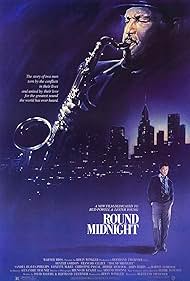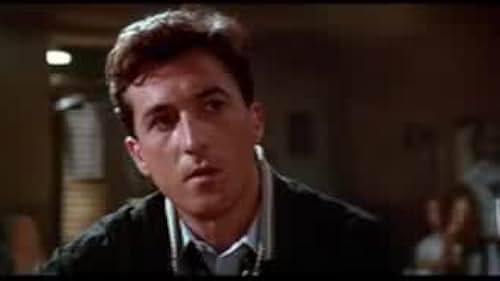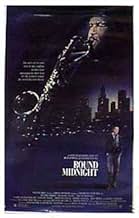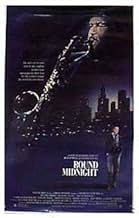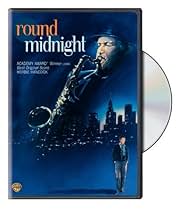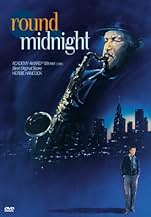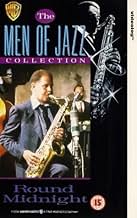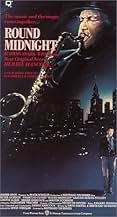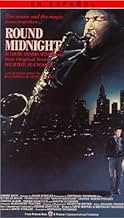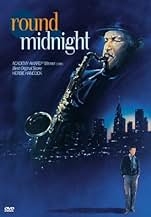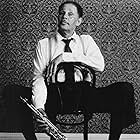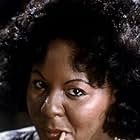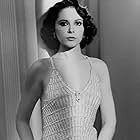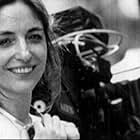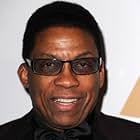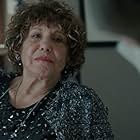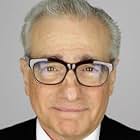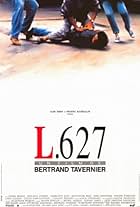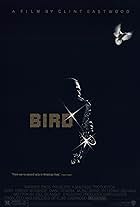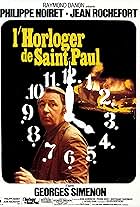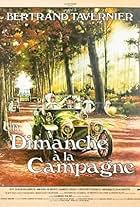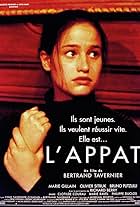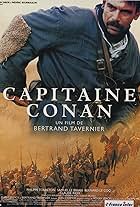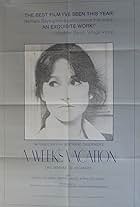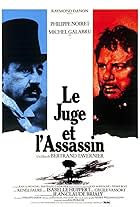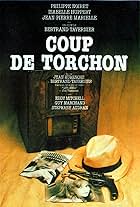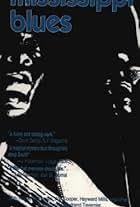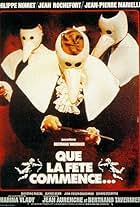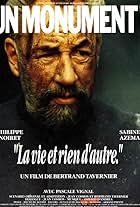A troubled, but talented musician flees the US to escape his problems, finding refuge and support in Paris.A troubled, but talented musician flees the US to escape his problems, finding refuge and support in Paris.A troubled, but talented musician flees the US to escape his problems, finding refuge and support in Paris.
- Won 1 Oscar
- 11 wins & 13 nominations total
Frédérique Meininger
- Francis's Mother
- (as Frederique Meininger)
Storyline
Did you know
- TriviaThe character of Francis Borler is based on Francis Paudras, who died in 1997. The character of Dale Turner is a combination of real-life jazzmen Bud Powell and Lester Young. The real-life friendship between Paudras and Bud Powell has been the subject of several books.
- GoofsAlthough the movie takes place in 1959, in one scene near the end where Francis and Dale are walking along the East River in New York, one can clearly see the twin World Trade Center towers in the background. These towers were not completed until the '70's.
- Soundtracks'Round Midnight
Written by Thelonious Monk - Cootie Williams and Bernard Hanighen (as Bernie Hanighen)
Performed by Bobby McFerrin
Featured review
I never write or read these comments because I don't care much what others think of a movie and I sure as heck can't stand reading a pointless review by someone pretending to be the NY Times movie critic using words like "iconoclastic" and otherwise taxing their thesaurus. But being a musician and avid fan myself, I felt I owed this to Dexter Gordon, an excellent musician whose work (I would have said "oeuvre" if I was pretentious, but I say what I mean and I don't need to impress you to make me feel better) was nothing short of legendary. Yes, Dexter Gordon is not an actor, but he did a good job and apparently the folks who hand out the Oscars thought the same, not that I would necessarily use them as a barometer, mind you, but they do pick more winners than losers. Although Dexter did spend about 15 years on/off in Paris, this story is NOT autobiographical, but the storyline of dealing with addictions, mental pain and physical suffering while honing a great talent can be applied to the lives of many jazz greats like Charlie Parker, Lester Young & Bud Powell just to name a few. It's a "dark" movie indeed, but the life of a musician can be very dark. This movie shows how 2 people can work together to overcome their fears, regrets and troubles, and how they interact with the various people and situations in their lives, a true character study revolving around music. The movie is actually more about Francois' character than Dexter's as it's seen from his point of view. It's about the frailty of the human soul and it's about compassion for supreme artistry. Most importantly, regardless of your impression of the movie, you get to see some real legends perform some wonderful jazz. Yes, Dexter Gordon was certainly beyond his prime and you will hear a few clunkers and pitch variance, but you will appreciate his talent nonetheless if you understand or enjoy jazz music at all. If you want to hear him really shine, go listen to his music from the late 40's & also the 60's during his first comeback; Dexter had 3 great comebacks --- and they say Sinatra was a genius at reinvention. That will give you a true sampling of his talent before he got old and started losing his wind. Even though he didn't play to perfection, he still played damn well in this movie and you can hear the experience in his phrasing and choice of notes --- for instance, at the very end of "Body & Soul", where he formerly played a very long ending like a virtuoso in an earlier recording (something you probably expect from someone like Kenny G, who plays about 40 notes where only 10 fit comfortably), Dexter now plays a single, beautifully-placed note. That one single note blew me away! You have to understand and appreciate the fact that most players (and most people) say way too much with their music or words when a carefully placed note or word can say volumes with its understatement, like a single picture with no caption. To play that one note in that one spot was pure genius. Bob James has been known to do the same --- less is more sometimes. Francois Cluzet does a heckuva job as protector and friend and the cameo by Martin Scorsese is priceless. The ending always leaves me wanting more and that's the mark of an excellent movie --- one so good you don't want it to end; you want to be within the movie yourself and you feel you're a part of it. The only reason I gave this a 9 instead of 10 was because it's not a great classic movie like Casablanca or The Godfather, but it touched me as much or more than those movies ever had. But this wasn't meant to be a piece of cinematic history and achievement, it is what it is, a period film about life of a jazz legend and in that respect it does everything possible and them some. This movie deserves your respect, your time and your admiration of a great jazz saxophonist, Dexter Gordon, and kudos to all the musicians involved, especially Herbie Hancock. Actress Lonette McKee does an excellent job on the vocals as well. It also gives you a good feel of a real urban jazz club in the early 60's and how life was for these jazz legends. If you get hooked on this stuff you'll never listen to anything else as it will never measure up, but jazz is very cerebral and it takes someone with a passion for aesthetics to appreciate it. Chess is great too, but you don't see many kids playing Chessmaster on their computers. This movie is an acquired taste and an excellent one at that. Thanks for the memories, Dexter.
- marvelous-marv
- Feb 22, 2003
- Permalink
- How long is 'Round Midnight?Powered by Alexa
Details
Box office
- Budget
- $3,000,000 (estimated)
- Gross US & Canada
- $3,272,593
- Opening weekend US & Canada
- $25,384
- Oct 5, 1986
- Gross worldwide
- $3,272,593
- Runtime2 hours 13 minutes
- Sound mix
- Aspect ratio
- 2.35 : 1
Contribute to this page
Suggest an edit or add missing content

